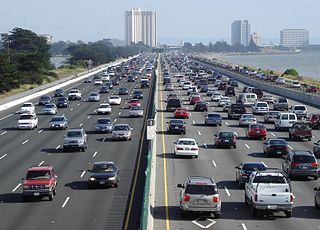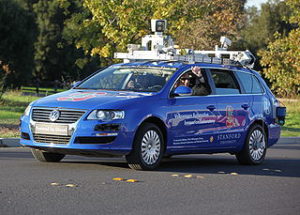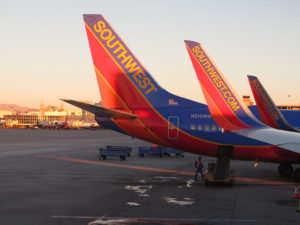
All the data points to the end of the love affair Chicagoans used to have with the automobile. Total number of miles driven-down; number of newly issued driver’s licenses for young people-down; alternative methods of transportation around town-up.
A new report issued by the federally mandated Chicago Metropolitan Agency for Planning explored the issue of driving and cars in Chicago in order to prepare the city for the future and plan its budgets through the year 2050.
Head author of the report, Elizabeth Irvin, explained that, “After decades of persistent growth in commuting patterns, we seem to be at an inflection point.” She added that although we cant be certain that the trends we are seeing will be permanent, at least knowing those trends can enable us to discuss the issues and set priorities for spending.
The most interesting news in the report is that over the last ten or more years the total number of vehicle miles driven is in decline. The other notable trend is the decline in the acquisition of driver’s licenses, especially among teens. In 1990 55 percent of teens had licenses. In 2014 that number dropped to 48 percent.
Based on the data collected CMAP will develop a spending plan over the next two years. A first discussion is scheduled to take place at Northwestern University’s McCormick Foundation Center in Evanston. The question that will be discussed? “Have we truly passed peak driving or did recent economic conditions merely hit the pause button?”

